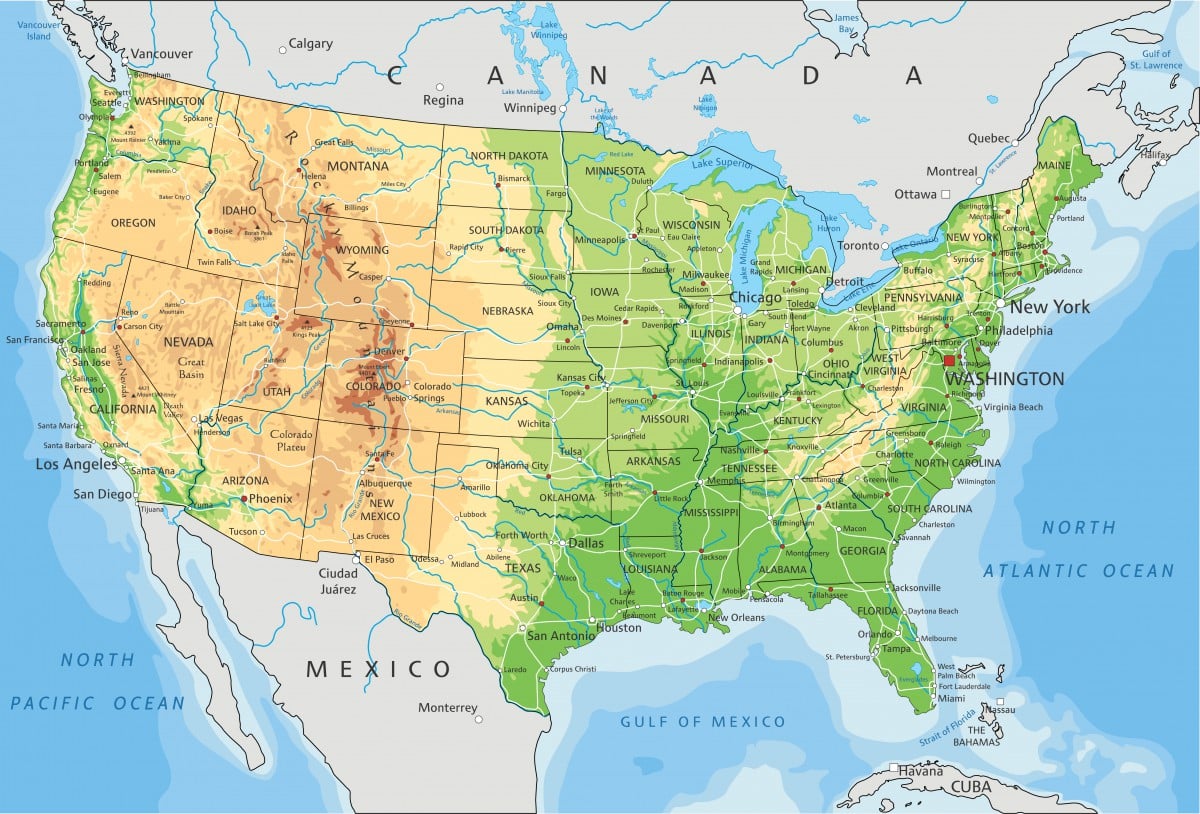Sports betting is booming in the US with records constantly being broken since the Supreme Court overturned the Professional and Amateur Sports Protection Act (PASPA).
We sat down with Joe Pappano (SVP U.S. Gaming, FIS/Worldpay) to discuss how the market can continue its speed of development and the differences in payment processes from across the pond in Europe.
PE: What have been some of the major challenges in setting up a payment system in the US for sports betting?
JP: Aligning the various stakeholders involved to create a seamless and secure payments ecosystem has presented a challenge among national and local entities in the U.S.
This has required gaming regulators to travel state-by-state, sometimes county-by-county, across America to increase education and awareness, especially as localities continue to legalize sports gambling.
Because the U.S. market is an omnichannel offering, constituents in online mobile and brick-and-mortar must fully understand how to optimize the revenues and player experience regardless of point of gaming interaction.
Along with that, entities must know how to work congruously with the different card providers to ensure the appropriate framework is in place, and with the various banks to make sure all processes and credentials are set in motion.
Legal gambling currently exists in some vicinity in 44 out of 50 states, and we’re aiming for a singular, consistent payments model amongst all 50 states.
PE: Worldpay has a strong presence in European markets, how much of this knowledge has been transferred across the pond?
JP: The U.S. today has a seamless payments model across the country and to reach this point of consistency, we have inherited numerous best practices from the European market.
Some of the areas in particular we have utilised past experiences are centered around data, chargebacks, fraud and authorization rates.
PE: What are some the key payment differences between the US betting market and the European market?
JP: In Europe, everything is e-commerce centric with multiple payment structures existing across the European countries.
To enable online gaming and sports betting, the U.S. market operates with an omnichannel approach due to the licensing process and the way that financial services functions.
Here in the U.S., we live in a world of instant gratification – the way consumers carry out commerce is frictionless as everything is card-centric. Consumers in the U.S. are conditioned to use some form of credit, debit or prepaid cards, and to leverage their bank account.
In the European model, digital wallets are much more common to conduct transactions amongst consumers.
PE: Should payment firms be working with U.S. regulators more so to develop the best framework possible?
JP: Absolutely, it is critical. As the payment ecosystem evolves, innovation within the industry will change.
From a regulatory standpoint, firms want to create a framework that will enhance, revise and adopt new regulations that will support the innovative movement and the spirit of the payment industry.
It has been proven that a disciplined proactive approach working with every regulator is key to make sure the industry constantly evolves collectively.
PE: Where do customers appear to be heading towards in terms of APMs?
JP: Since the market is moving at such a rapid pace, it is nice to see that the business within standard gambling and online gambling continue to grow, which excites us about the space.
Customers are continuing to move towards prepaid solutions that are integrated and tied to land-based casinos, but with the industry moving so rapidly there will likely be more moments of innovation on the horizon.
There may also be shifts in consumer sentiment and behaviors as the US begins to fully embrace legal gambling.
PE: How much of an issue is geolocation proving and what is being done to combat this?
JP: Geolocation capabilities are an absolute requirement when considering any future payments offerings.
For an operator to go live in a state where sports betting is legal, there is a third-party audit that is conducted to make sure they have the appropriate controls in place, including age verification, KYC (know your customer), AML process & procedures etc.
When you think about geofencing in the U.S. it is becoming quite complex as evidenced in the specific requirements regarding Washington D.C. and geofencing off from federal lands.
While the concept of on-property mobile betting will be extended to allow operators to offer up mobile bets within a given radius of major sports arenas.
With geolocation, operators must consider these factors and make sure they are well-equipped to carry out evolving regulations.




















